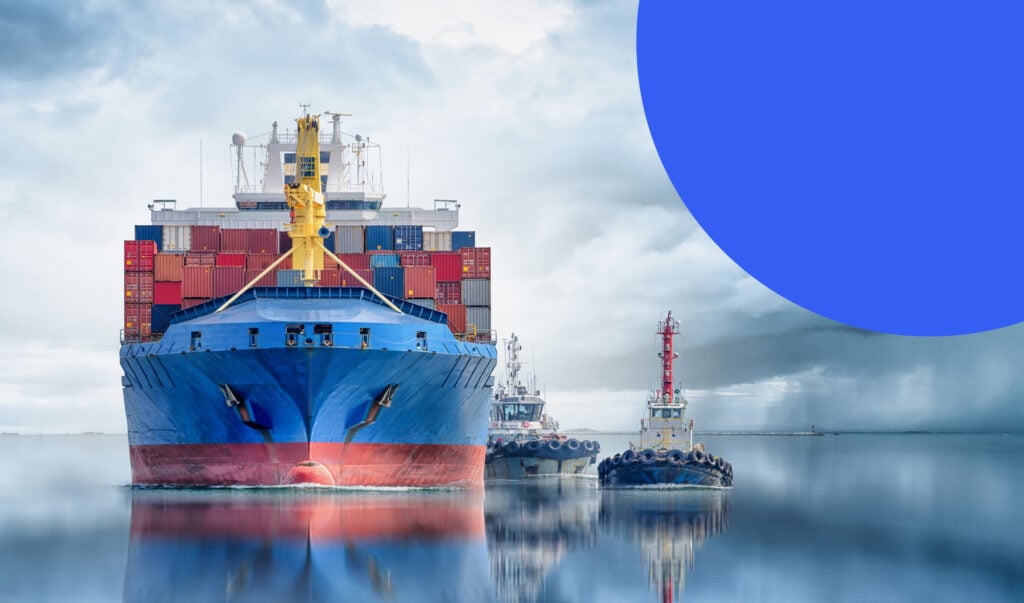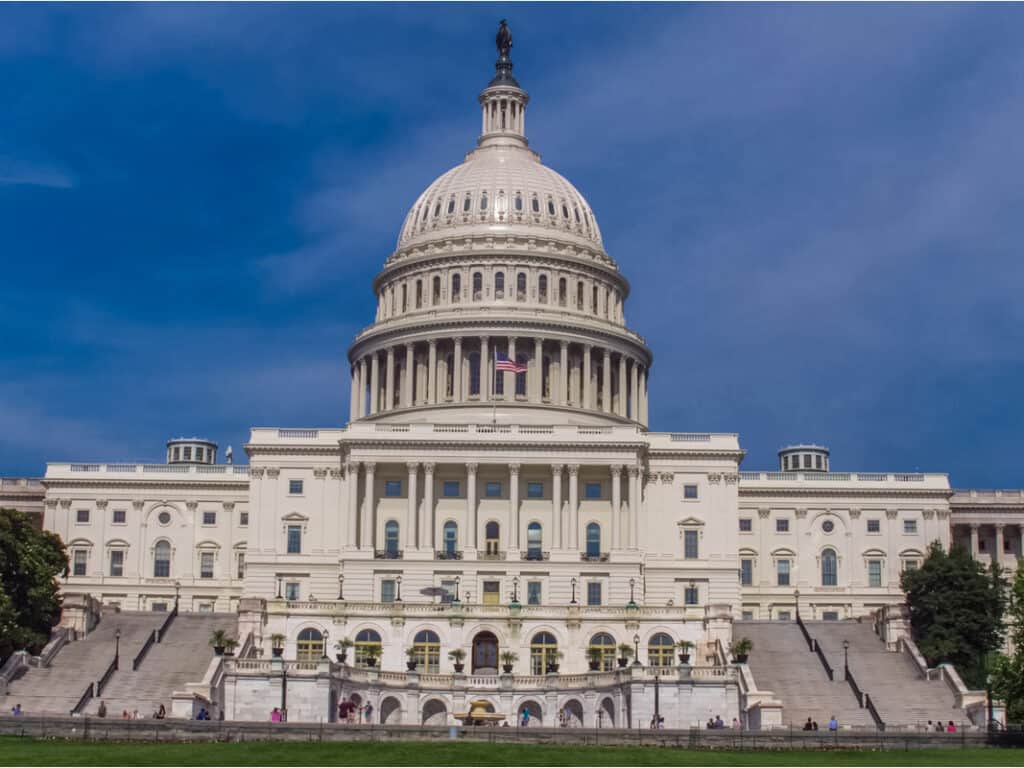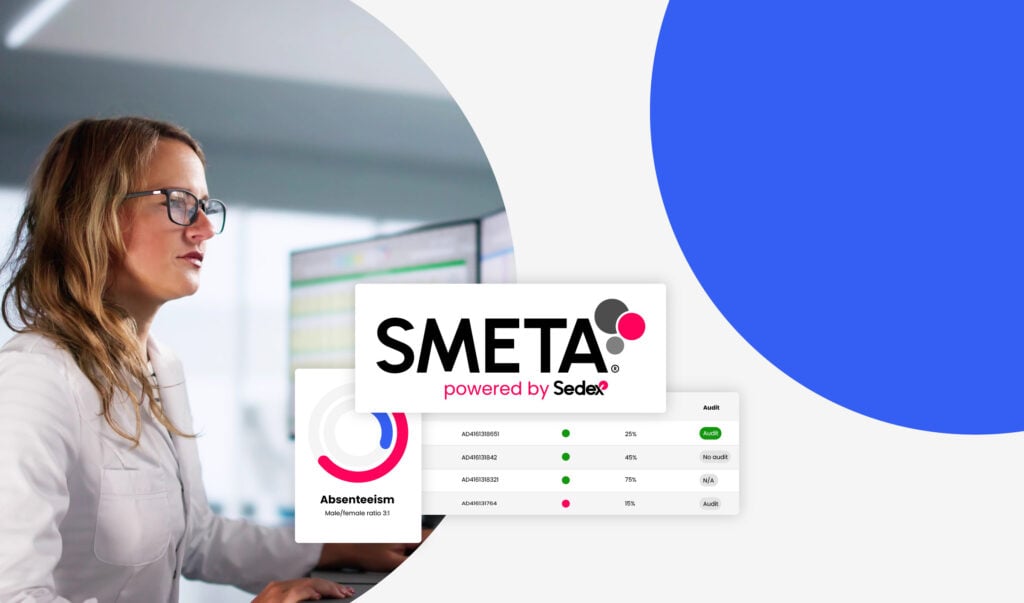Navigating Sustainability in Manufacturing Supply Chains
Sedex recently hosted an insightful webinar on the critical topic of sustainability and manufacturing in supply chains. The session brought together industry experts to discuss key trends, challenges, and best practices in this rapidly evolving field. This blog post summarises the main takeaways and insights from the event.
Key Speakers and Agenda
The webinar featured two prominent speakers:
- Audrey Clavedon, Global Head of Sustainability, Sedex
- Elisa Molero, ESG and Sustainability Industry Analyst, Verdantix
The discussion focused on three main areas:
1. Drivers and trends in the supply chain sustainability market
2. Challenges in improving sustainability in the supply chain
3. Best practices for manufacturers to advance sustainability performance
Key Takeaways
1. Supply Chain Transformation: A Critical Business Priority
The transformation of supply chains towards sustainability has become a critical business priority, driven by regulatory pressures, investor demands, and consumer expectations. Audrey Clavedon from Sedex emphasised the power of supply chains in driving sustainability, stating, “Sustainability is actually all about power and the good news is that supply chains are very powerful.” She highlighted the importance of engaging with suppliers and cascading best practices to create a butterfly effect on supply chain sustainability.
Elisa Molero from Verdantix stressed the need for high-quality data to inform decision-making and improve supply chain agility, noting that “this was the top priority for 63% of firms”.
2. Drivers of Supply Chain Sustainability
Improving sustainability in supply chains is driven by several factors, including:
– Regulatory compliance
– Risk management
– Reputational risks
Elisa Molero pointed out that over 45% of firms rank supply chain sustainability disclosures as one of the top influences on ESG spending. This trend is attributed to increasing regulations demanding social disclosures and supply chain due diligence.
Audrey Clavedon highlighted the high risks associated with manufacturing, citing concerns over health and safety, excessive working hours, water stress, and pollution. She emphasised the need for prioritising and strategising based on risk levels established through self-assessment and audit practices.
3. Effective Strategies for Supply Chain Sustainability
The speakers agreed that effective supply chain sustainability strategies require:
– Collaboration
– Digitalisation
– Governance
Elisa Molero recommended setting ESG targets based on a company’s internal capabilities before expanding the strategy to the supply network. She emphasised the importance of high-quality data and insights to inform decision-making and improve supply chain agility.
Audrey Clavedon suggested a risk-benefit approach to prioritise sustainability efforts based on volume, spend, and the type of material sourced from suppliers. She also stressed the need for collaboration, digital supply chains, governance, and materiality assessments to devise an effective sustainability strategy.
Key Insights for the manufacturing industry
The webinar surfaced several important insights:
1. Supply chains have a significant impact on sustainability.
2. There is an increasing need for supply chain transparency and trust.
3. Companies must mitigate external risks and build resilience to overcome supply chain disruptions.
4. There is a shift in company attitudes towards supply chain sustainability, focusing on compliance and delivering on promises.
5. Companies are prioritising the improvement of product supply chain sustainability information.
6. Challenges in improving ESG performance include building the business case for investment, visibility of suppliers beyond the top tier, and inconsistent data gathering processes.
The Role of AI in Supply Chain Sustainability
An interesting point of discussion was the potential role of artificial intelligence (AI) in advancing supply chain sustainability. Audrey Clavedon expressed optimism about AI’s potential, stating, “AI is going to be a massive accelerator for sustainability. We are likely to see a giant shift and we are already seeing some pretty amazing projects in that space, it is a huge potential here and absolutely compatible”.
However, a webinar participant raised an important question about the environmental and social impacts of AI itself: “AI is all trendy and powerful, but what about the huge impacts on things like energy, water, and people? Are AI and sustainability compatible or not?” This highlights the need for a balanced approach when considering new technologies in sustainability efforts.
The Sedex webinar provided valuable insights into the complex world of supply chain sustainability. As regulations tighten and stakeholder expectations increase, companies must prioritise sustainability in their supply chains. By focusing on collaboration, digitalisation, and effective governance, businesses can navigate these challenges and create more resilient, sustainable supply chains for the future.
Or if you’d like to find out more about how Sedex can support your sustainability and responsible sourcing goals, book a free consultation with our team today.



